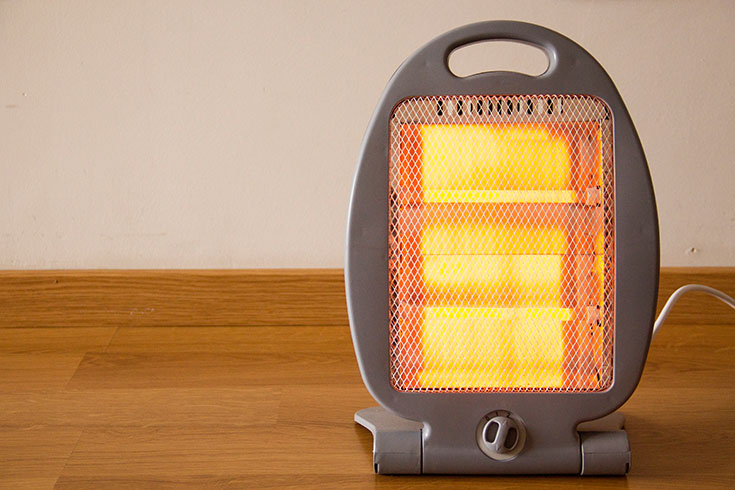Heating Equipment | Safety and Fire Prevention Tips
With cold weather affecting numerous areas of the U.S. during this time of year, it’s important for everyone to stay safe while using heating equipment to keep warm. Heating equipment is the second-leading cause of U.S. home fires, according to the National Fire Protection Association (NFPA). Space heaters are most often responsible for home heating equipment fires, accounting for one-third of the fires, as well as the vast majority of associated deaths and injuries. Since many people use space heaters in both their homes and at work, it’s vital to use added caution when using this equipment.
The NFPA offers these tips and guidelines for safely heating your home during the winter months:
- Heating equipment and chimneys should be cleaned and inspected every year by a qualified professional
- Keep anything that can burn at least three feet away from all heating equipment, including furnaces, fireplaces, wood stoves, and space heaters
- Always use the right kind of fuel, as specified by the manufacturer, for fuel-burning space heaters
- Make sure space heaters are in good working order and used in accordance with the manufacturer’s instructions. Turn portable heaters off when leaving the room or going to bed
- Create a three-foot “kid-free zone” around open fires and space heaters
- Fireplaces should have a sturdy screen to stop sparks from flying into the room. Ashes should be cool before putting them in a metal container, which should be placed outside at least 10 feet away from your home
- All fuel-burning equipment should be vented to the outside to avoid carbon monoxide (CO) poisoning
- If you smell gas in your gas heater, do not light the appliance. Leave the home immediately and call your local fire department or gas company
- Make sure smoke and carbon monoxide alarms are located throughout the home; test them monthly to ensure that they’re working properly
The NFPA urges the public to use added caution when heating their homes. To view their full news release, visit: https://www.nfpa.org/.../NFPA-urges-added-caution-when...
Credit: NFPA
Learn more about HazTek Safety & OSHA Training.
